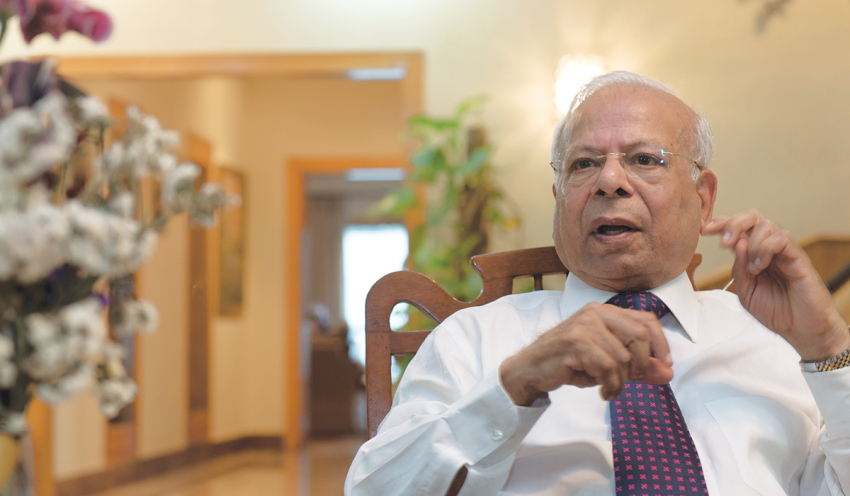WASHINGTON – Prime Minister Imran Khan’s Adviser on Institutional Reforms, Dr Ishrat Hussain has clarified that the defence expenditure of the country was not the big elephant anymore, saying the central concerns was the payment of debt amounting up to Rs1,500 billion.
Speaking at the Pakistan Policy Symposium on Thursday Hussain said that the defense expenditures amount to only three per cent of the gross domestic product (GDP).
‘Rs1,500 billion out of Rs4,500 billion we collect goes on debt servicing cost which is the big elephant,’ he affirmed.
The economist outlined that the crisis could only be tackled by reducing borrowing, both external and internal adding that the decision to approach IMF was due to the wide financial gap.
https://en.dailypakistan.com.pk/pakistan/pm-khans-maiden-address-reflective-of-adviser-ishrat-hussains-vision/
The adviser, however, vowed that the public interest would be considered during talks with IMF, after which the World Bank and other international institutes would also come forward to help Pakistan.
Over the electricity crisis hindering the progress of the country, the economist said it was under control but the country was facing issues because of some distribution companies.
‘The problem is in the distribution companies. Out of the nine companies, four are causing 75 per cent of the losses,’ he highlighted.
Hussain continued that all the deficit which is being accumulated in circular debt is originating from these four companies.
‘So they have to find specific solutions either to privatise those to give them to management contracts or bring about new managers,’ he added.
Dr Hussain said a decision has been taken to reform the Federal Board of Revenue (FBR) on technical grounds so that the money collected in taxes can be increased and those defaulting on payment can be identified.
‘In Pakistan, only 3.5 million people pay taxes out of 12 million. We have to increase the Tax to GDP ratio,’ he concluded.













